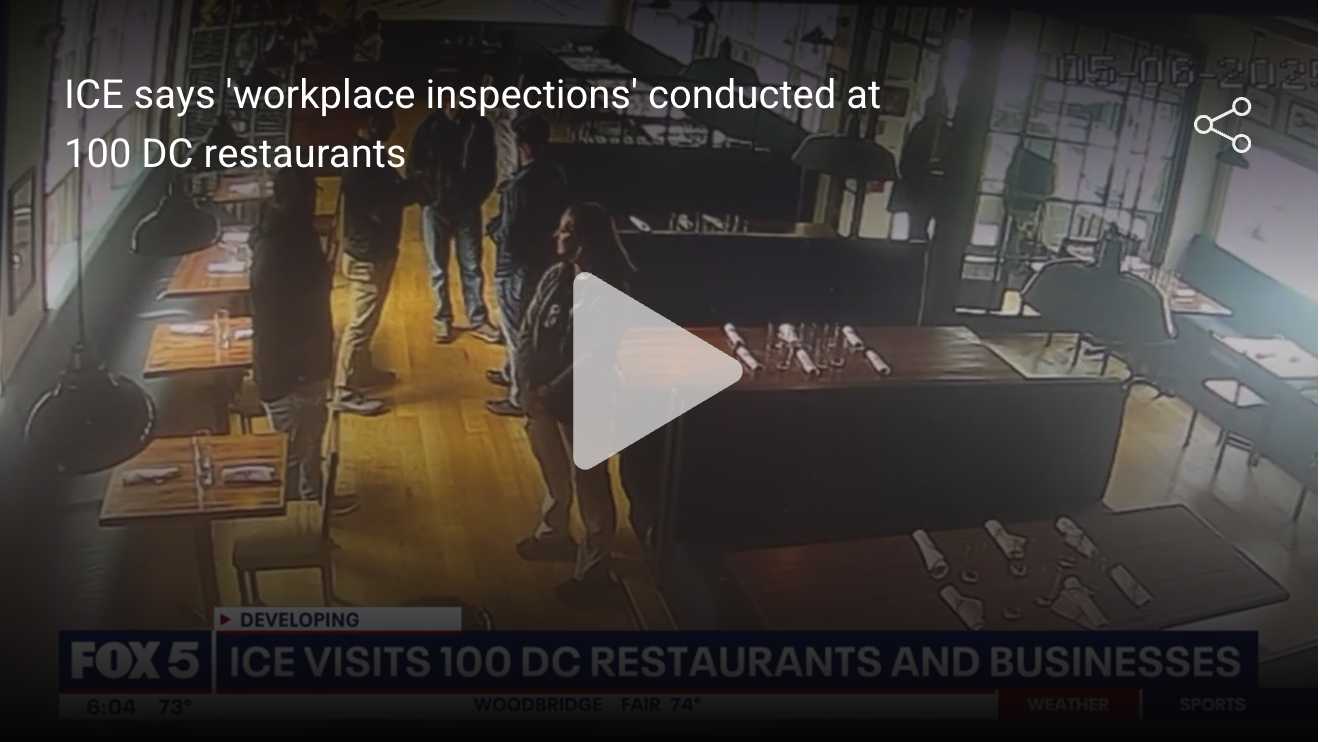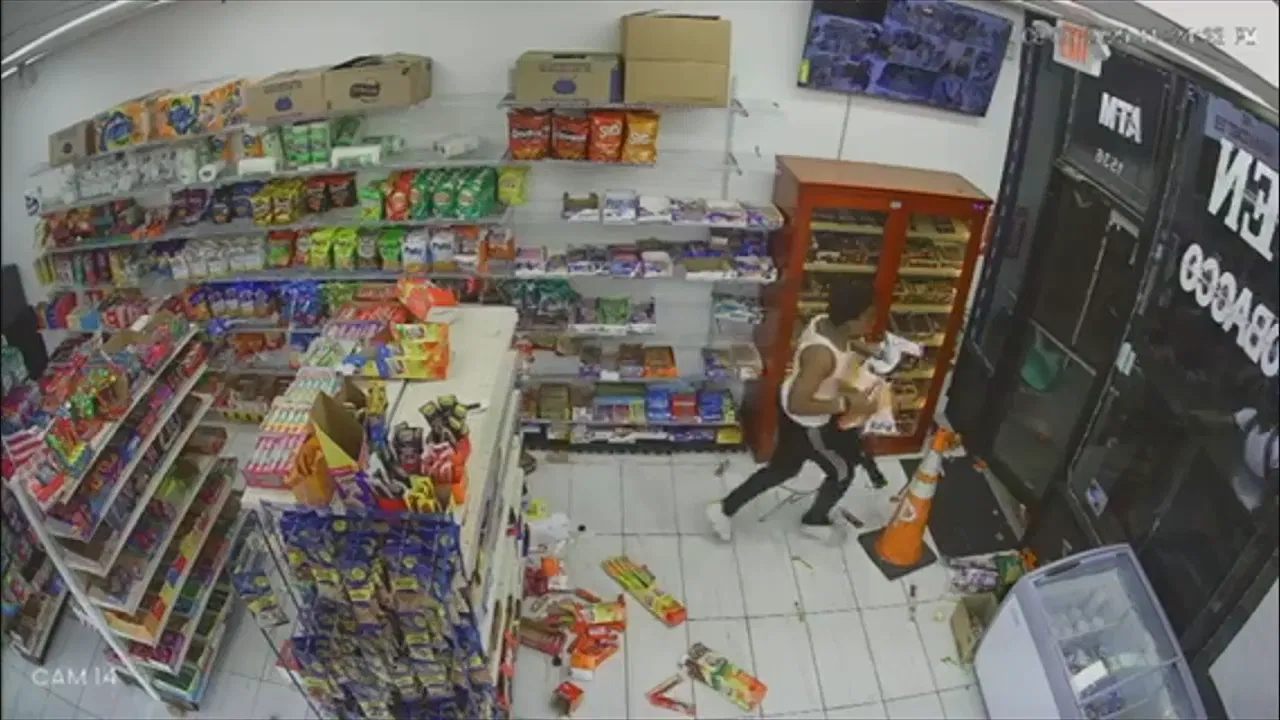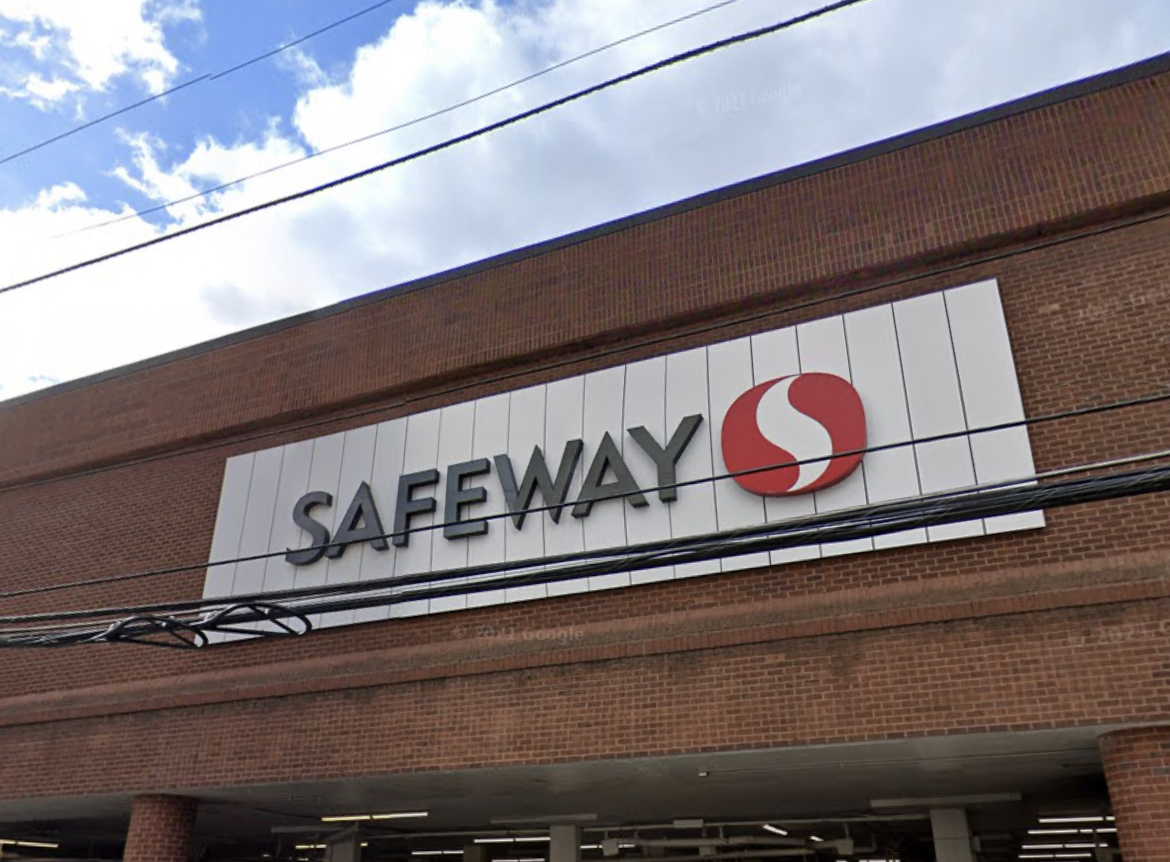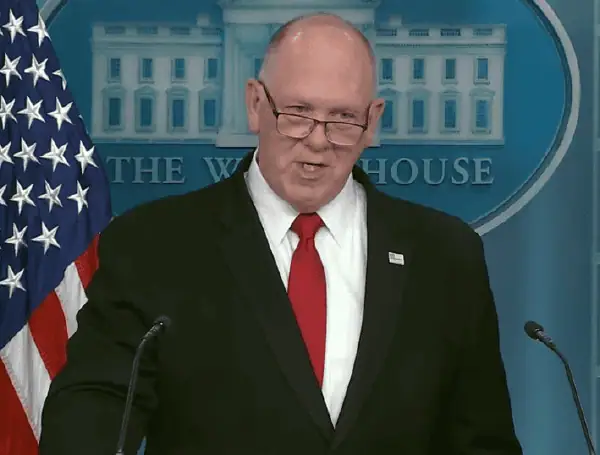WASHINGTON, D.C. — Immigration and Customs Enforcement (ICE) confirmed that agents visited over 100 restaurants and businesses across Washington, D.C. on Wednesday, conducting what the agency describes as “workplace inspections”. While federal officials insist these actions are not raids, the sudden visits have rattled workers, restaurant owners, and advocacy groups alike.
No arrests or detentions have been reported following these inspections. However, the mass-scale enforcement operation has fueled concern, uncertainty, and fear across the local restaurant community—especially among immigrant workers who form the backbone of the D.C. food service industry.
What Happened: ICE Agents Request I-9 Forms at Dozens of Establishments
ICE officials told FOX 5 DC that the inspections involved Homeland Security Investigations (HSI) agents visiting 100 businesses, primarily restaurants, to request I-9 employment verification forms—documents required by federal law to confirm that employees are legally authorized to work in the U.S.
These inspections, ICE emphasized, are part of routine compliance checks and not “raids.” Businesses are not required to produce the documents immediately but are given three business days to submit them to authorities.
Despite this clarification, the abrupt nature of these visits has created a ripple of anxiety across the city.
Restaurants Caught Off Guard
Though ICE characterized the visits as standard procedure, the scale and manner of execution differed significantly from previous inspections, which are usually conducted with advance notice and often by mail.
Restaurants such as Chef Geoff’s in Northwest D.C. reported that DHS agents arrived in person and asked for I-9 forms. According to staff, the agents were polite and the visit lasted around 10 minutes, but it was still unexpected and unsettling.
“All of our employment paperwork is handled at another location,” a representative from Chef Geoff’s told FOX 5. “We’re planning to send the forms next week.”
Other popular restaurants reportedly visited by agents included:
-
Millie’s in Spring Valley
-
Cynthia in Northeast D.C.
-
Several unnamed upscale dining spots in downtown and Capitol Hill
At Millie’s, surveillance video captured uniformed agents entering the restaurant around lunchtime on Tuesday. Similar patterns were reported at multiple other establishments on both Tuesday and Wednesday.
Community Leaders: “This Feels Like Intimidation”
While federal officials maintain that no employees have been detained or arrested, immigrant advocacy groups argue that the psychological toll of the visits is very real.
“From what we’ve heard, agents have simply delivered the letters and left. There haven’t been arrests so far,” said Abel Nuñez, Executive Director of the Central American Resource Center (CARECEN). “But the way they’re doing it—showing up unannounced, in person—it feels like an effort to intimidate both business owners and communities.”
CARECEN and other local advocacy organizations have stepped in to offer legal support and share “Know Your Rights” resources for both workers and employers. In neighborhoods with high immigrant populations, flyers and hotline numbers are now circulating to help people prepare in case they are approached by ICE.
Fear Among Workers and Business Owners
Despite assurances that these inspections are not targeting individuals, the effect on the community has been profound.
“The moment we spread the word about the inspections, people got scared,” said Nuñez. “We’ve seen fewer delivery drivers on the roads, and some restaurants have reported closing for the day due to lack of staff.”
D.C. has a vibrant food culture that relies heavily on immigrant labor, from dishwashers and cooks to managers and owners. Many of these individuals are already operating under financial stress post-pandemic, and these inspections only add another layer of insecurity.
At some restaurants, managers reportedly allowed staff to go home following the visits to alleviate anxiety. Others are consulting legal experts to ensure they’re prepared in case agents return.
Restaurant Industry Responds with Alarm
The Restaurant Association of Metropolitan Washington (RAMW), which represents tens of thousands of workers and business owners, echoed concerns raised by the community. In a statement earlier this week regarding initial reports of ICE activity, the association emphasized the essential role immigrant workers play in the local economy.
“Immigrants are foundational to the D.C. restaurant scene,” the statement read. “From back-of-house roles to executive positions, their labor, creativity, and commitment drive our industry. Any enforcement that disrupts staffing—even temporarily—has wide-reaching effects on business stability, community trust, and economic resilience.”
The group also questioned the method of delivery for the I-9 inspections, urging ICE to return to standard mail-based requests, which allow employers to respond without instilling fear in their teams.
Understanding I-9 Inspections: What’s at Stake?
Under U.S. law, all employers must maintain I-9 forms for each employee. These forms verify the individual’s identity and work authorization. While inspections are not uncommon, the frequency and scale of these in-person checks—especially in a politically progressive and immigrant-rich city like D.C.—have drawn intense scrutiny.
Employers who fail to produce I-9 documents within the three-day period could face fines or further investigation. However, ICE has stated that no fines or penalties have yet been issued in relation to the inspections this week.
Still, uncertainty remains high, especially as ICE has not confirmed whether additional inspections will continue in the coming days or if these 100 businesses represent the full scope of the operation.
D.C. Government Remains Watchful
City officials, including Mayor Muriel Bowser, have been monitoring the situation closely. Earlier in the week, she voiced concern over ICE’s actions in local neighborhoods and restaurants.
“I am disturbed by these reports. It does not appear that criminal targets are involved,” she said. “This feels like disruption, not enforcement.”
Bowser and members of the D.C. Council are reportedly in contact with federal agencies to request greater transparency and to advocate for a more humane approach to workplace compliance enforcement.
What Happens Next?
As of now, no detentions have taken place, and all affected businesses have been given three business days to submit their employment verification records. However, the psychological and operational impact of these visits may linger far longer.
Local organizations are urging businesses to:
-
Review I-9 documentation for all employees
-
Inform staff of their legal rights during inspections
-
Seek legal counsel if approached again
-
Report any misconduct or aggressive tactics
Meanwhile, the broader community waits to see whether these inspections were a one-time sweep or the start of a larger pattern of immigration enforcement in D.C.’s hospitality sector.
If your business has been visited by ICE or you have concerns regarding workplace inspections, contact local advocacy groups like CARECEN, Sanctuary DMV, or National Immigration Law Center (NILC) for guidance, legal support, and community resources.
















Leave a Reply